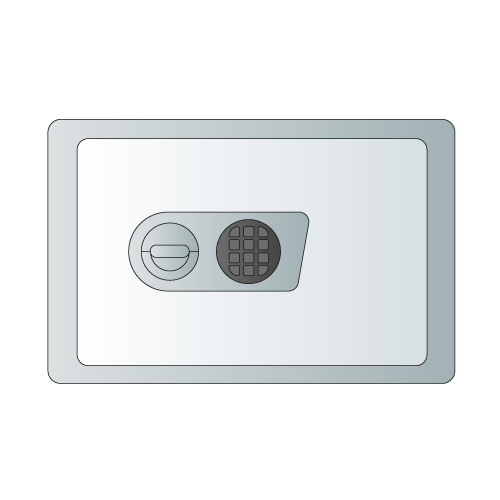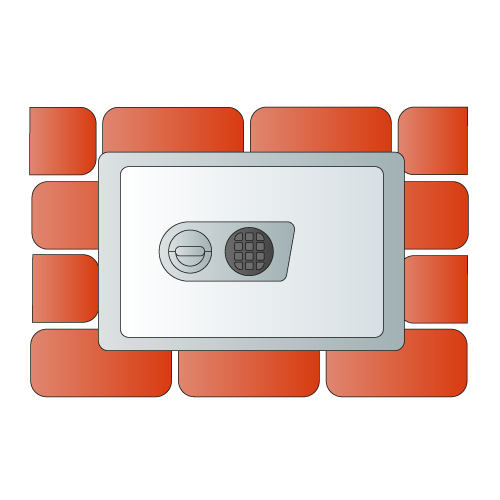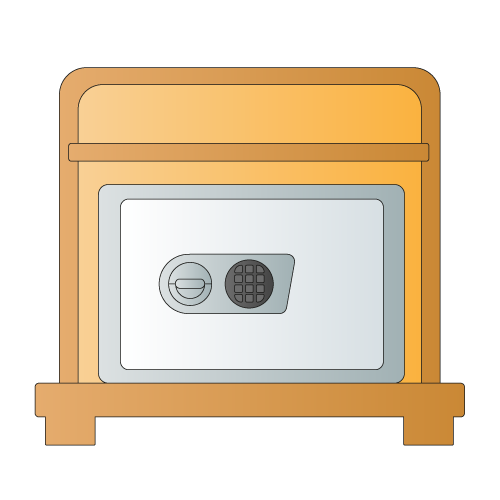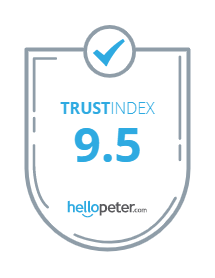What do I have to consider when buying a safe?
What is important? What size do I need and how can I insure my valuables? Is fire protection necessary? All questions are answered here.
Step 1
Usage
What would you like to store in your safe?
First, think about what you want to store in your safe. Weapons and ammo require a different storage option than gold or jewelry. We also have the appropriate model for documents and keys.

Appropriate safe types:
Safes, burglar-proof safes, fire-proof safes, furniture safes, wall safes

Appropriate safe types:
Document cabinets, filing cabinets, steel office cabinets, fireproof safes, fireproof safes, wall safes, fireproof cassettes, vertical cabinets
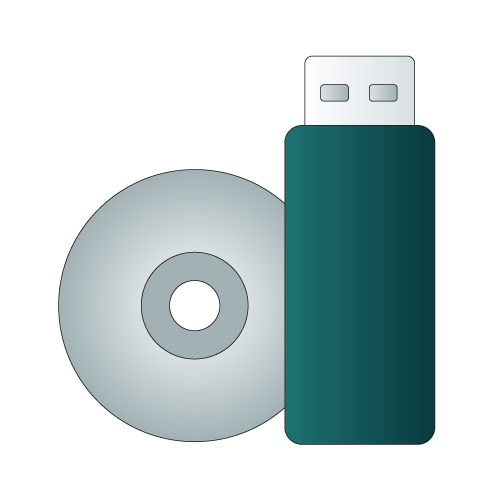
Appropriate safe types:
Data safes, data cabinets, data security cabinets, data protection safes with fire protection
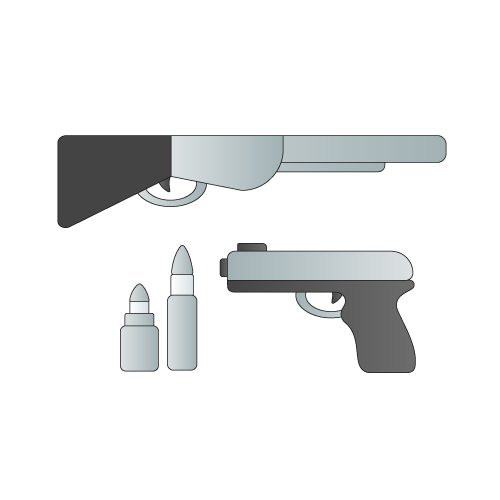
Appropriate safe types:
Handgun cabinet, gun cabinet, long gun cabinet, ammo safe
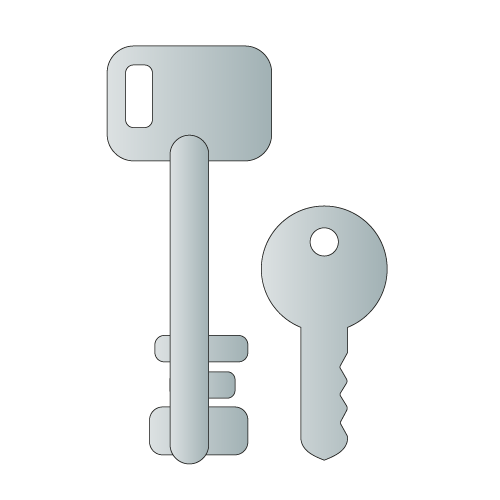
Appropriate safe types:
Key safe, key cabinet, key box, emergency key box, key issuing system, car dealer safes, drawer safes, drop-in safes
Step 2
Insurance
Where will the safe be used and what do you want to insure?
When using it, it is important to distinguish whether the safe is used for private or commercial purposes. This is what decides the sum insured - in other words, how much the safe can be insured for. Basically, safes in the private sector are more insurable than those that are used commercially.
The higher resistance level of a safe, the higher the maximum sums insured. Because of this, the security level increases the value that can be stored in the vault.
Note: The sum insured can be doubled if the safe is additionally equipped with a VdS-certified intruder alarm system (EMA). This is possible with safes with a higher security class.
IMPORTANT: Clarify with the insurance company what level of security the safe requires before you buy it!
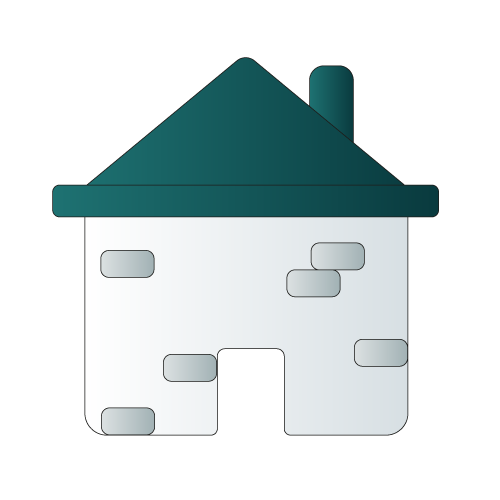
Application area:
In private apartments, houses, holiday homes, cottages etc.
Storage options:
Watches, gold, jewellery, cash, important documents (insurance, certificates, sales contracts, passports), personal valuables (camera, tablet), weapons & ammunition, medication, storage media (hard drives, memory cards)
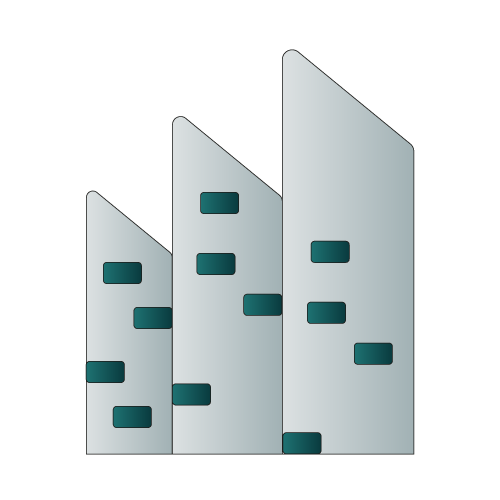
Application area:
Gas stations, car dealerships, banks, surgeries, other companies
Storage options:
Important keys, change, daily password, contracts, business documents, plans, personnel files, patient files, storage media and data carriers (hard drives, memory cards), balance sheets etc.
Step 3
Burglary protection
Which burglary protection should I choose?
The burglary protection of a safe is defined by the security class. For this purpose, the safe is subjected to certain tests. These tests are carried out by independent test institutes according to criteria defined throughout Europe. The test uses all mechanical, electrical and thermal tools that unauthorized persons could use to try to open a safe. The security levels for safes show how much time it takes to force open a safe without the right code or key.
This time is coded in RU (resistant units).
Especially when protecting cash, jewellery, important documents or valuables, you should choose a safe with quality and verified certification.
If a certain security level is required by the insurance company, it is important to comply with this so that the contents of the safe can be insured correctly.
Security levels according to EN1143-1
Step 4
Fire protection
Do I need fire protection?
Fire protection is important! If you want to store documents, important papers, insurance documents, storage media, pictures, etc. in your safe, it is important to choose a safe with fire protection. This is the only way to protect the contents of the safe from fire and to preserve your personal memories.
The fire protection class shows how long the content (paper, data...) is protected from the effects of heat without being damaged.
Fire-tested means: fire test at 1090°C for 30 minutes/60 minutes/120 minutes in a special furnace and subsequent fall test from a height of 9.15 m.
However, there is still a distinction between paper documents and paper and data carriers (CDs, DVDs, USB sticks, etc.). "P" is the designation for paper - "DIS" for data carriers.
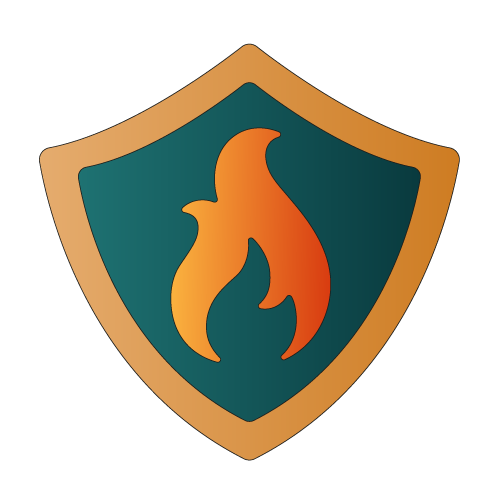
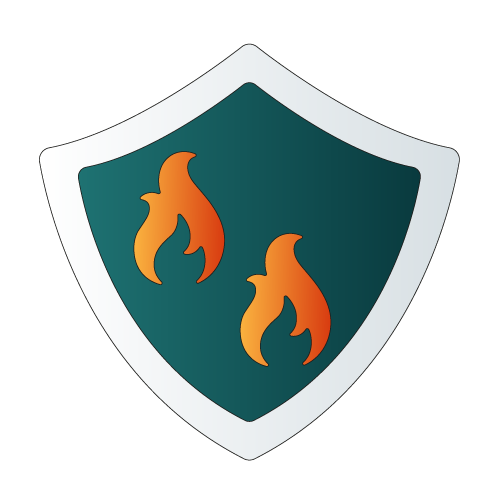
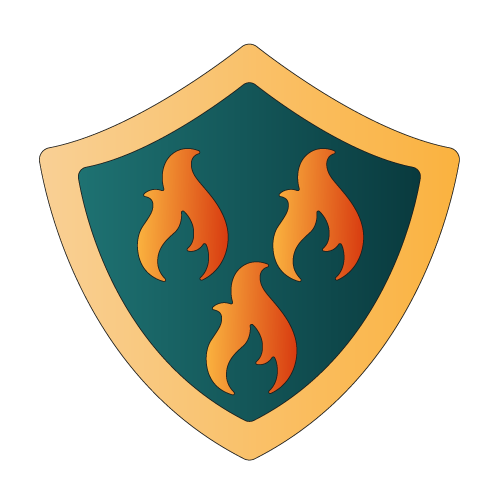
Step 5
Locks
How should the safe be locked?
We offer a large selection of locks for our safes.
One of the most common questions is:"Which lock is the most secure?" This question is easy to answer because all certified locks are equally secure. You can simply choose according to your personal taste here.
We have listed the advantages of the individual locks here.
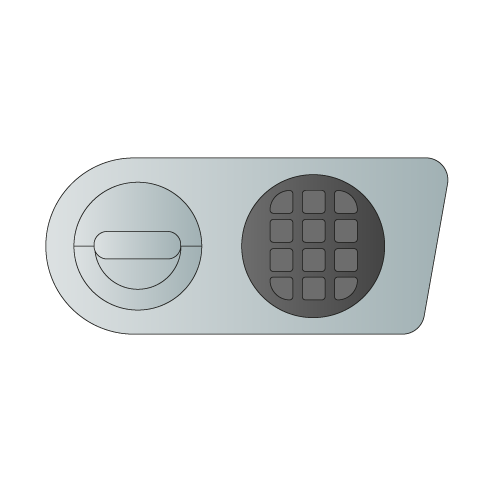
Code opening - product is battery operated
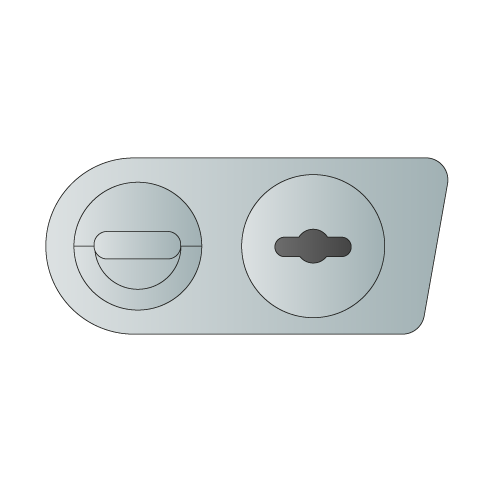
2 keys are included in the basic equipment
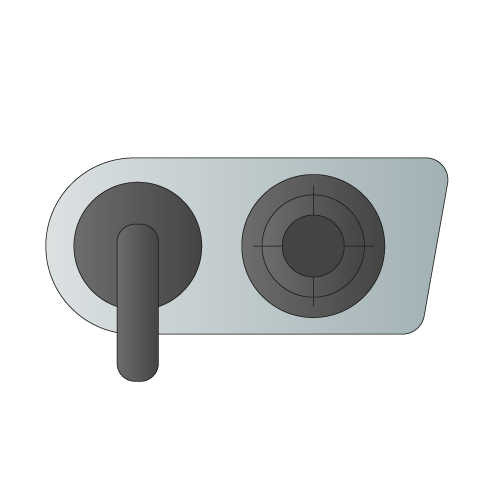
Entry by code in both directions
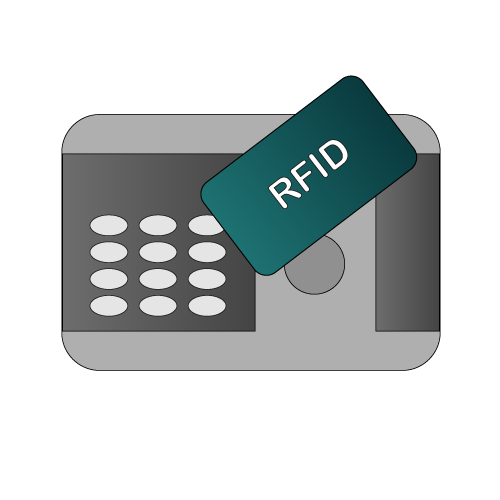
Any card with an RFID function can be used
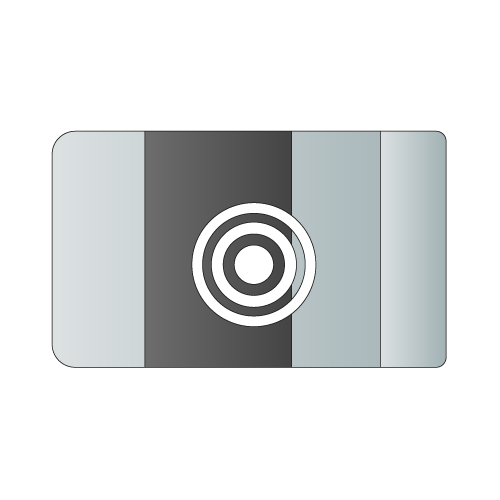
Enter the code using your finger on the touchscreen lock
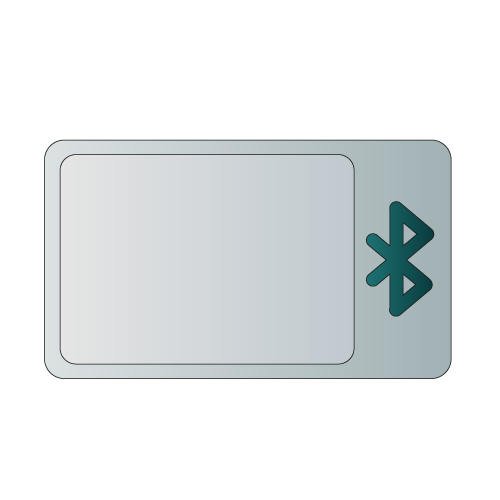
Opening takes place with the Rottner Unlock App
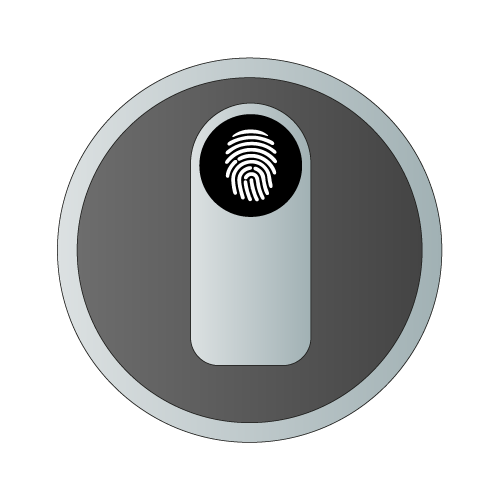
Opening by fingerprints
Step 6
Place of installation
Where should I set up my safe and what are the options?
Step 7
Delivery
What are the delivery options available to me?
Please select one of our delivery options before ordering the safe.

